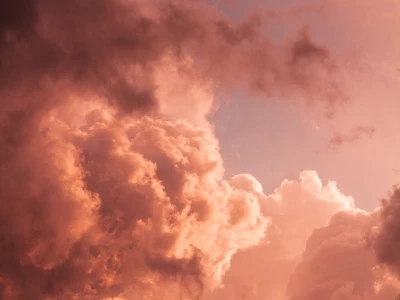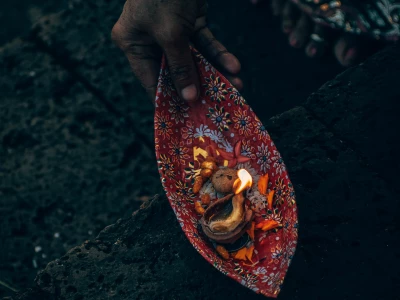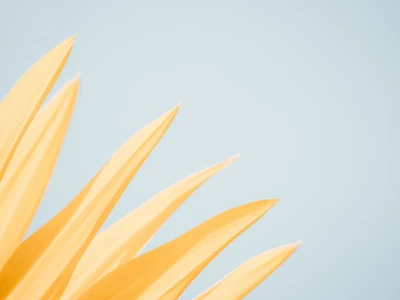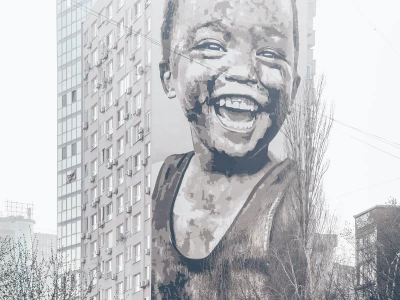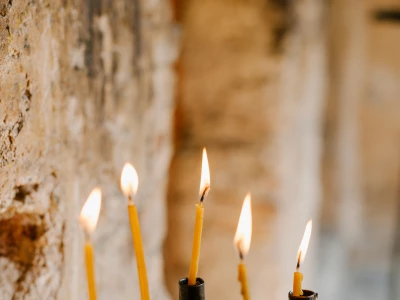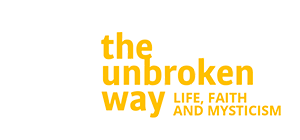Share this article
Our Biggest Fear: The Fear Of Death
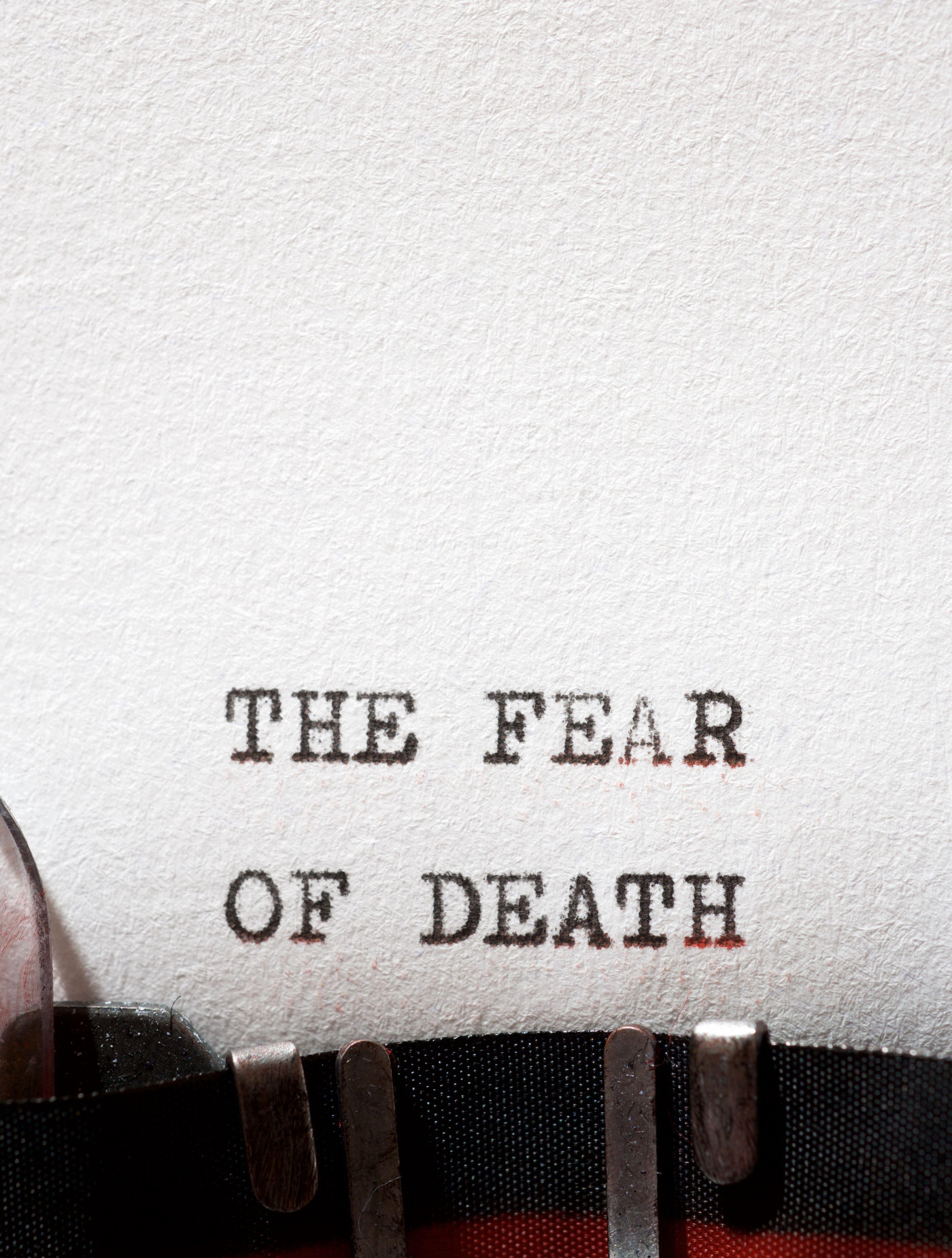
Writing about fear is one thing. Living with it is another.
My late wife, Cushla, was the real thing when it came to being genuinely fearless. She didn't worry about money, what people thought of her, or her career. And when it came to facing her own death, she was no different —she had a remarkable sense of peace, no matter what. She was even able to fall straight back to sleep minutes after being told on a late-night call from her oncologist that there was a 50/ 50 chance that her cancer had returned after a six-month remission.
It wasn't that she was naïve about reality. Far from it: she was a practical and level-headed person. At the same time, though, she was a highly developed soul that God had blessed with spiritual gifts, particularly the gift of prophecy. She knew the oncologist was holding back and that the probability of a reoccurrence of cancer was a hundred per cent.
Looking back, I realise now that somehow, Cushla knew in her soul at least a year before her cancer diagnosis that she wouldn't live much longer. She had tried to prepare me by half-jokingly saying, ' Fifty years of age is long enough to live.' (She died aged 51). She didn't mean it as a general rule for everybody. Nor was she fed up with life. It was just that she didn't want me to think after she departed this life that she had died too young.
'If I die, you can meet someone else,' she said around the same time. I tried to make light of the whole idea, thinking it was just some notion she was expressing. But I was wrong⸻she was thinking of my future happiness. She also told me about one of her prophetic dreams:
'In the dream, Tricia (her youngest sister) and Meera Thérèse (our only child who we lost through miscarriage) appeared to me. They were laughing and skipping,' she said, smiling. Two of Cushla's favourite childhood games were skipping and German Jumps (a game resembling hopscotch and using long elastic bands). She had fond memories of playing with her sisters and the local children, skipping and German Jumping on the green across the road from her home. Then she added: 'Towards the end of the dream, Tricia and Meera Thérèse said to me: "We're missing you. When are you coming up to play?'"
After a moment of silence, she continued: 'That dream was very real.' She said this with a particular tenderness in her tone. She was trying to prepare me for her death in as delicate a way as she knew how. I interpreted the dream in the way I wanted to and felt most comfortable with it: I believed Tricia and Meera Meera Thérèse wanted to meet Cushla again, but in the distant future.
Having the type of courage, Cushla had in the face of illness and death is rare enough. But knowing it is possible can inspire us to reach for this freedom from fear. So how did she become like this? Without a doubt, her strong faith was the central reason. This and her mystical encounters allowed her to go beyond everyday human limitations, see with wonder, and believe powerfully in a higher transcendent reality. She was convinced that death was the beginning of a new and different life, albeit in another dimension, where she would meet her departed loved ones again.
To strengthen faith in the afterlife, we might begin by reflecting on how we can be restricted by our concepts and follow many illusions. The story of The Frog in The Well dramatically demonstrates this:
The Frog In The Well

To fear death is nothing other than to think oneself wise when one is not; for it is to think one knows what one does not know. No man knows whether death may not even turn out to be the greatest blessing for a human being; and yet people fear it as if they knew for certain that is is the greatest of evil.*
—Socrates, Greek philosopher (469–399 B.C.E.)
There was once a frog who lived in a small well. He was very happy indeed. He had fresh water to drink and swim, loads of mud to play, lots of long juicy insects to eat and the walls to jump around. He felt like the king of the world. One day, he had a visitor, a turtle from the East Sea. He invited the turtle to come inside his well and look at the magnificent world he was living in. The turtle tried going inside through the narrow opening of the well but got stuck. After much trying, he finally gave up. Realising how small the well is, he starts telling the frog about the great East Sea. He said, ' The size of the East Sea is beyond your wildest imagination. Even a distance of a thousand miles cannot give you an idea of the sea's width; even a height of a thousand feet cannot give you an idea of its depth. In the time of King Da Yu, there were floods nine years out of ten, but the waters in the sea did not increase. In the time of King Tang, there were droughts seven years out of eight, but the waters in the sea did not decrease. The sea does not change along with the passage of time and its level does not rise or fall according to the amount of rain that falls. Living in the East Sea is the greatest happiness. Hearing these words, the frog felt very insignificant and realised how limited his perspective was.
Just imagine that our fear of death could be based on our limited perspective, which not only causes us undue distress but has held us back from fully being alive. Some people live like this all their lives, but if we want to live in the land of the turtle instead of the frog, we need first to acknowledge the presence of our fear of death. Without awareness, you have no free will.
Holding Together Multiple Truths On The Fear Of Death
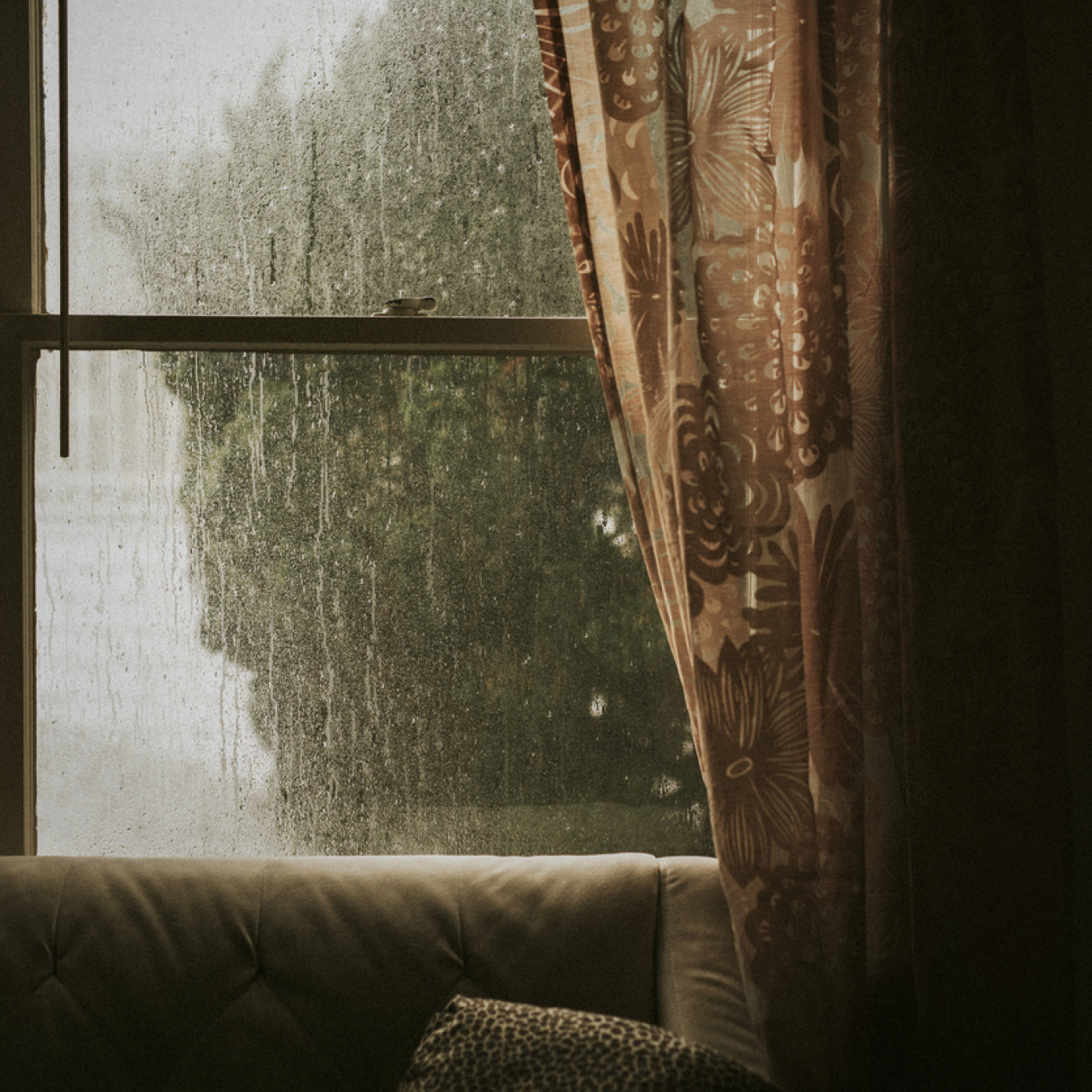
‘Millions long for immortality who don’t know what to do with themselves on a rainy Sunday afternoon.’
—Susan Ertz, Anglo-American writer.
Sr. Theresa Aletheia Noble, FSP, a former atheist who returned to the Catholic faith and is the author of Remember Your Death and Memento Mori Journal, explains that faith and fear of death are not incompatible:
'Scripture tells us over and over again not to be afraid because we need to hear it over and over. .. a fear of death may indicate we have a clearer understanding of the physical reality and implications of death….Blessed Alberione once wrote: Death is repugnant to nature; thus nature rebels at the thought of it. We should not be surprised at this. Our Divine Savior himself, who became like us in all but sin, felt this repugnance also (Mk 14:34)
…..’ As with all the paradoxical elements of our faith, we are called to hold together the tensions of multiple truths: that we will reasonably fear death but at the same time embrace the fearlessness that faith affords us. Fear and fearlessness. We cannot have one without the other.'
Faith Is The Answer To Fear
Whether it's my nature or upbringing, I've always had a strong desire for control over circumstances, which may be rooted in fear of uncertainty. On further reflection, I can see that after the loss of Cushla and Meera Thérèse, I began to exert even more control over every aspect of a situation. I thought now that anything could happen in life, and I was trying to create a sense of security and predictability. It didn't work. Embracing the fearlessness that faith affords us, as Sr. Theresa puts it, and witnessing how Cushla flourished because of her convictions, I came to realise that this was the way forward for me. I tried hard to practice one of her sayings, which she had conceived of herself:
'If you have a hundred per cent faith, you will have zero per cent fear.' was a saying Cushla had conceived of herself. It completely resonated with me because I could see that it was working for her. As Pope Francis commented at a general audience in May 2024 in Rome:
‘Those with faith have a superhuman force within them' Echoing the theme of perspective in the story The Frog The Well, he went on to say: 'Indeed, faith "triggers" grace in us and opens the mind to the mystery of God. Therefore, let us too, like the disciples, repeat to Him: Lord, increase our faith! (Lk 17:5). It is a beautiful prayer!'
Notes
From: The Apology (The Defense of Socrates) In Great Dialogues of Plato, trans. W.H.D. Rouse, Bergenfield, NJ: Mentor Books, 1971, p 435.
Share this article
Categories
in your inbox
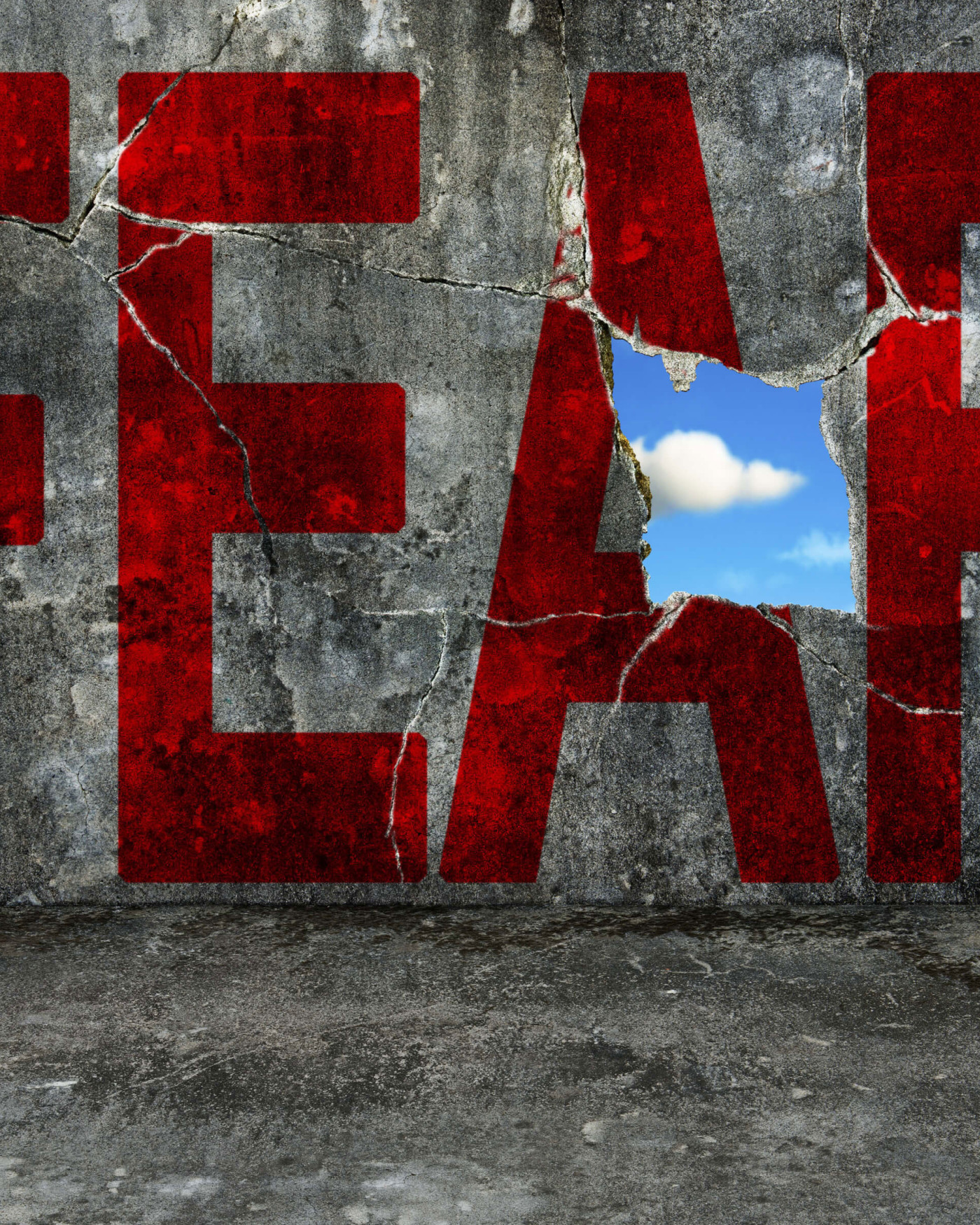
Fear

